When it comes to feeding our furry friends, pet owners often wonder about the safety of various human foods. One such query that frequently arises is, “Can dogs eat guava?” Guava is a tropical fruit known for its delicious taste and nutritional benefits for humans. But is it safe for dogs? In this blog post, we’ll explore whether guava is safe for dogs, the potential benefits and risks, and how to safely introduce it into your dog’s diet.
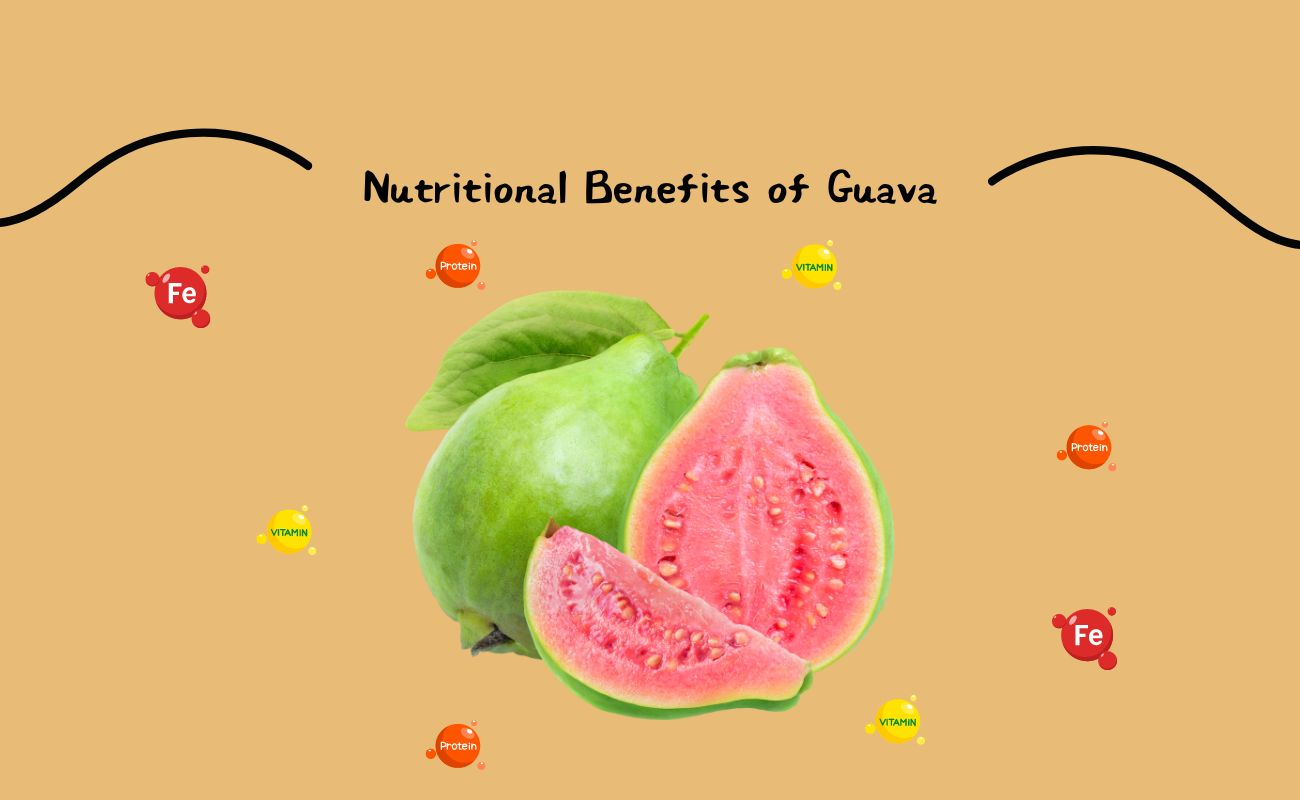
Nutritional Benefits of Guava
Guava is packed with vitamins and minerals that are beneficial to humans, and some of these benefits extend to dogs as well. This tropical fruit is rich in Vitamin C, which supports immune health, and Vitamin A, which is essential for good vision. Additionally, guava contains dietary fiber, promoting healthy digestion, and a variety of antioxidants that help combat free radicals. These nutrients can contribute positively to your dog’s overall health when given in moderation.
Here’s a table of the complete nutritional profile of guava per 100 grams:
| Nutrient | Amount |
|---|---|
| Calories | 68 kcal |
| Carbohydrates | 14.32 g |
| Sugars | 8.92 g |
| Dietary Fiber | 5.4 g |
| Protein | 2.55 g |
| Total Fat | 0.95 g |
| Saturated Fat | 0.272 g |
| Monounsaturated Fat | 0.087 g |
| Polyunsaturated Fat | 0.401 g |
| Vitamin A | 624 IU |
| Vitamin C | 228.3 mg |
| Vitamin E | 0.73 mg |
| Vitamin K | 2.6 µg |
| Thiamine (B1) | 0.067 mg |
| Riboflavin (B2) | 0.040 mg |
| Niacin (B3) | 1.084 mg |
| Vitamin B6 | 0.110 mg |
| Folate (B9) | 49 µg |
| Pantothenic Acid | 0.451 mg |
| Calcium | 18 mg |
| Iron | 0.26 mg |
| Magnesium | 22 mg |
| Phosphorus | 40 mg |
| Potassium | 417 mg |
| Sodium | 2 mg |
| Zinc | 0.23 mg |
| Copper | 0.230 mg |
| Manganese | 0.150 mg |
| Selenium | 0.6 µg |
This nutritional profile highlights the rich content of vitamins, minerals, and fiber in guava, making it a healthy fruit option.
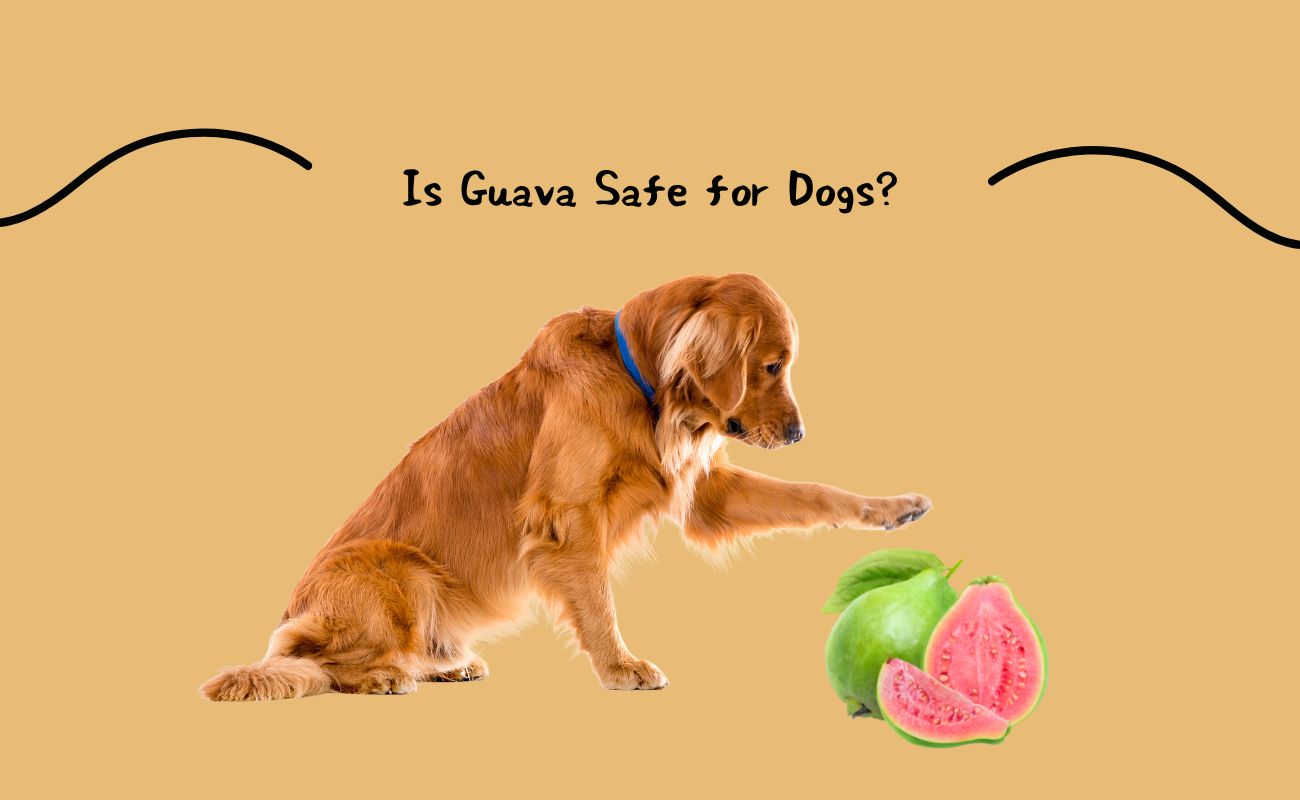
Is Guava Safe for Dogs?
The short answer is yes, dogs can eat guava. However, it’s crucial to understand that not all parts of the guava are safe for your canine companion. The flesh of the guava fruit is generally safe and can be a tasty treat for your dog. On the other hand, the seeds and skin might pose risks. Guava seeds can be a choking hazard and potentially cause intestinal blockages, while the skin might be tough for some dogs to digest. Always remove the seeds and skin before offering guava to your dog.
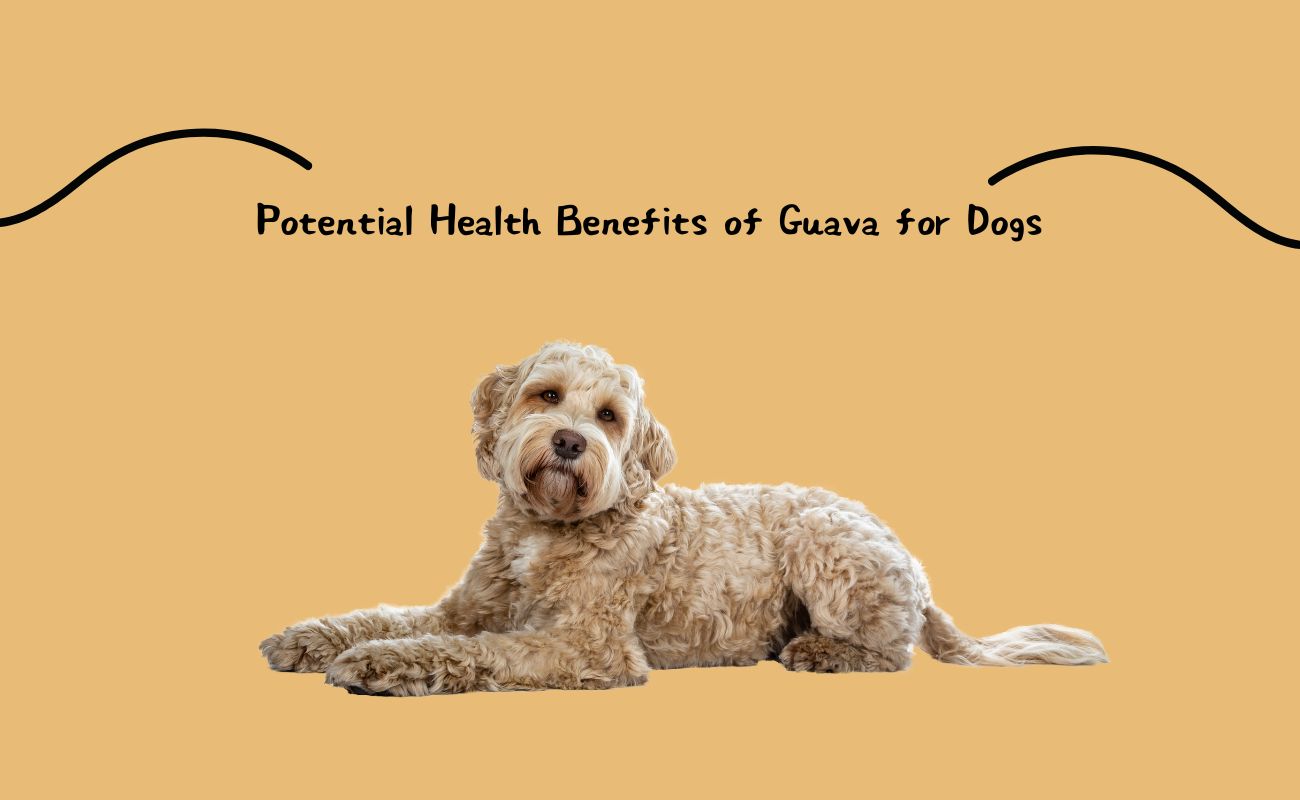
Potential Health Benefits of Guava for Dogs
Including guava in your dog’s diet can offer several health benefits. Here are some of the potential advantages:
- Boosts Immune System: The high Vitamin C content in guava can help strengthen your dog’s immune system, making them more resilient to infections and illnesses.
- Improves Digestive Health: The dietary fiber in guava aids in digestion and can help prevent constipation in dogs.
- Enhances Vision and Skin Health: Vitamin A in guava supports good vision and promotes healthy skin and coat.
- Antioxidant Properties: The antioxidants present in guava help in neutralizing free radicals, reducing the risk of chronic diseases.
Risks and Precautions
While guava can be beneficial, there are some risks and precautions to consider. First and foremost, always introduce any new food to your dog’s diet gradually. Start with small amounts of guava to ensure your dog doesn’t have any adverse reactions. Overconsumption of guava can lead to stomach upset, diarrhea, or even allergic reactions in some dogs. Additionally, ensure that the guava is fresh and free from any additives or preservatives that might harm your dog.
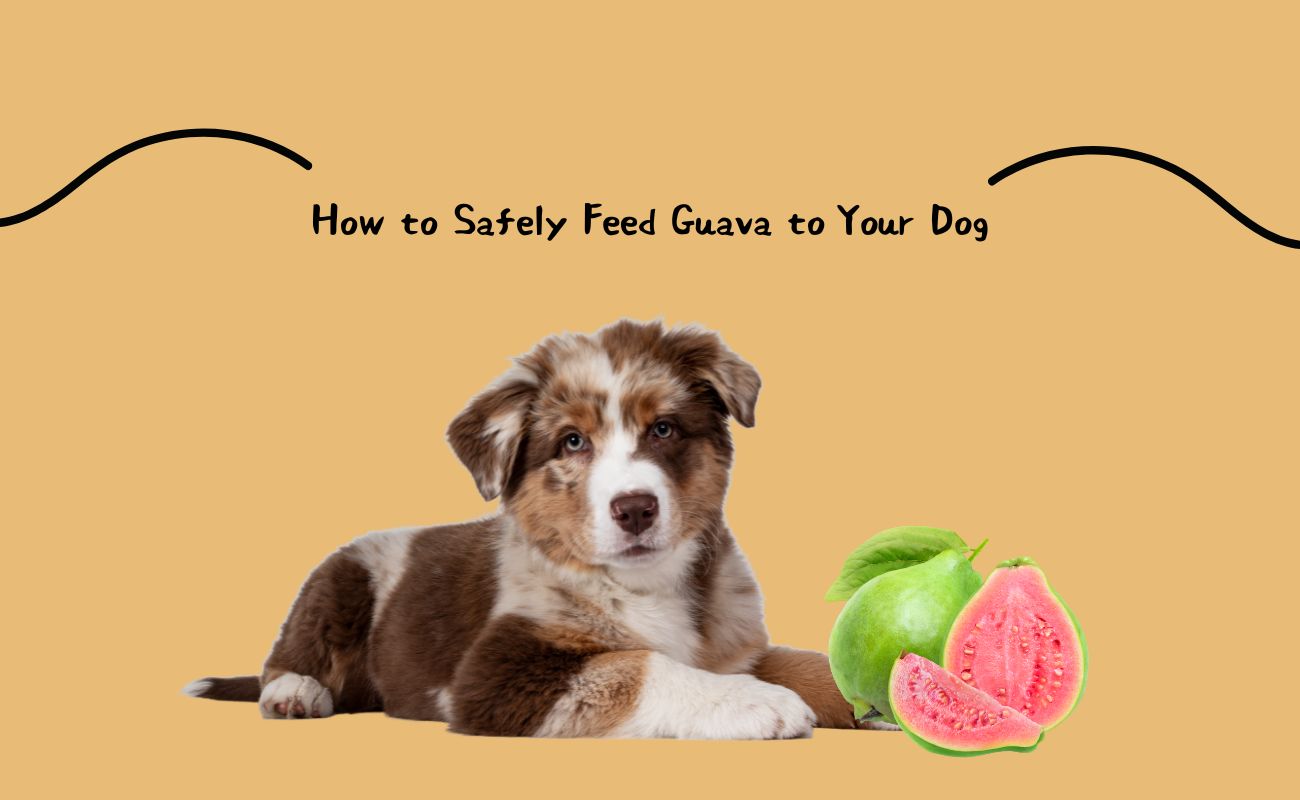
How to Safely Feed Guava to Your Dog
To safely feed guava to your dog, follow these steps:
- Choose Ripe Guava: Select ripe, fresh guava without any signs of mold or spoilage.
- Wash Thoroughly: Wash the guava thoroughly to remove any pesticides or dirt.
- Peel and Remove Seeds: Peel the guava and remove all seeds to prevent choking and intestinal blockage.
- Cut into Small Pieces: Cut the guava flesh into small, manageable pieces that are easy for your dog to chew and swallow.
- Serve in Moderation: Offer guava as an occasional treat, not as a regular part of your dog’s diet.
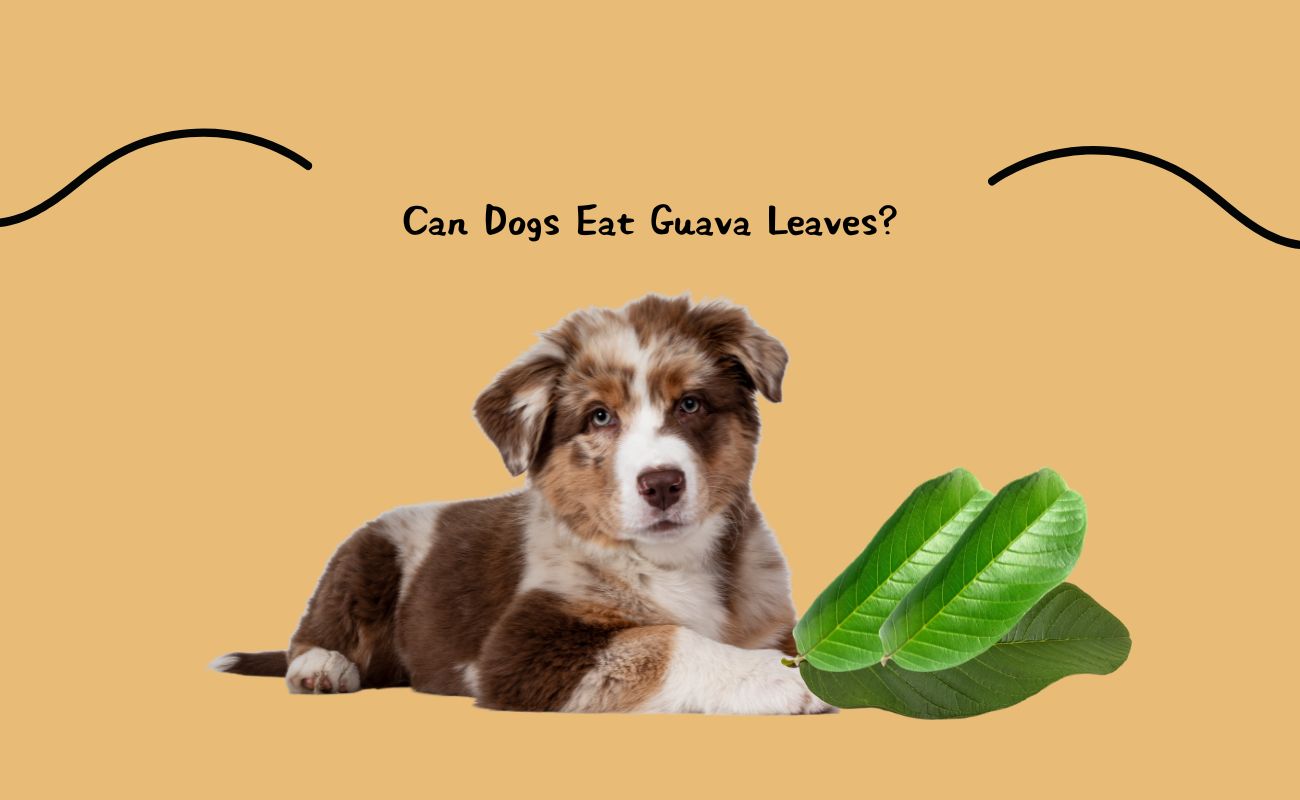
Can Dogs Eat Guava Leaves?
Another common question is whether dogs can eat guava leaves. Guava leaves are known for their medicinal properties in humans, but they are not recommended for dogs. The leaves contain compounds that might be toxic to dogs if ingested in large quantities. It’s best to avoid giving your dog guava leaves and stick to the fruit’s flesh.
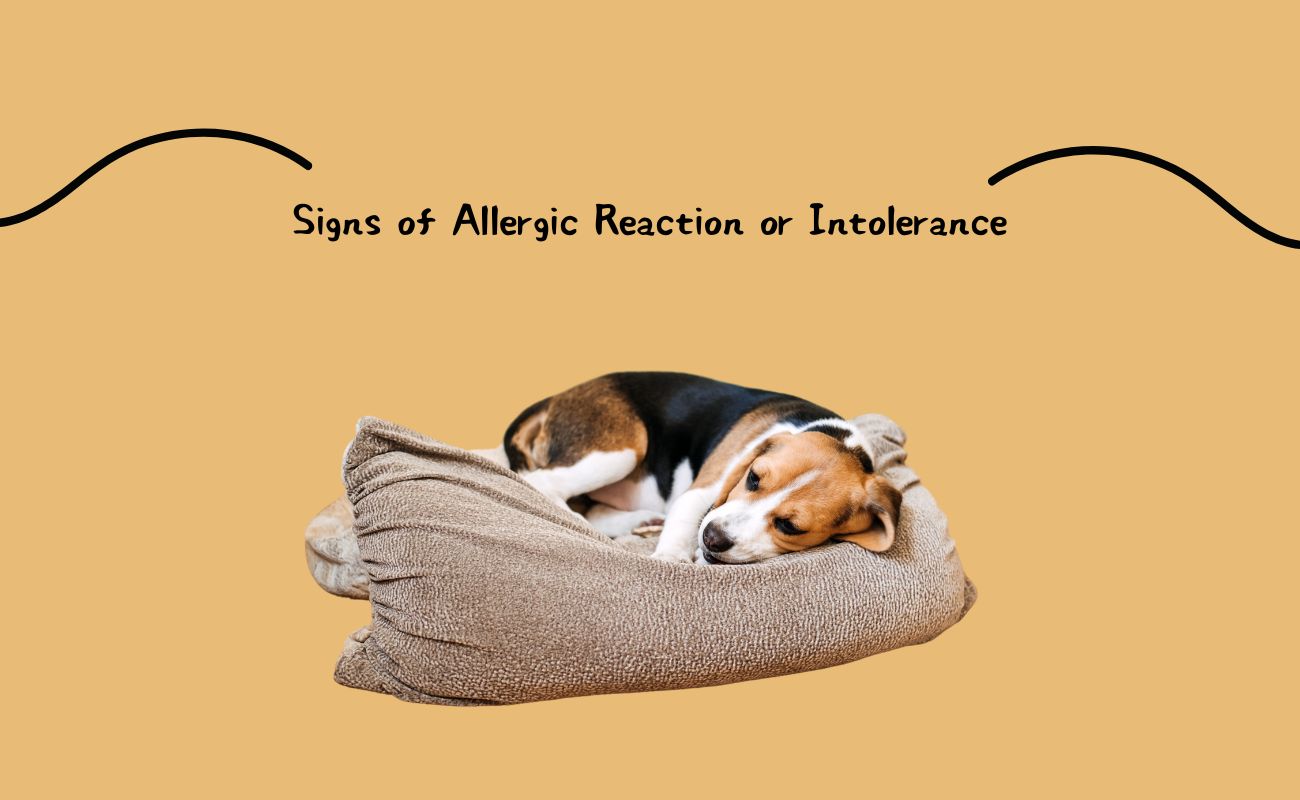
Signs of Allergic Reaction or Intolerance
Even though guava is generally safe for dogs, it’s essential to monitor your pet for any signs of allergic reaction or food intolerance. Symptoms to watch out for include:
- Vomiting
- Diarrhea
- Itching or skin irritation
- Swelling of the face or paws
- Difficulty breathing
If you notice any of these symptoms after feeding your dog guava, stop immediately and consult your veterinarian.
Summary:
Can Dogs Eat Guava?
In conclusion, dogs can eat guava safely when given in moderation and with proper preparation. This tropical fruit can offer several health benefits, including boosted immunity, improved digestion, and enhanced vision. However, it’s essential to remove the seeds and skin and introduce guava gradually into your dog’s diet. Always monitor for any adverse reactions and consult your veterinarian if you have any concerns. By taking these precautions, you can share the delicious and nutritious benefits of guava with your furry friend.
Final Thoughts
Feeding your dog human foods can be a fun way to share your meals and provide variety in their diet. However, it’s crucial to ensure the foods you choose are safe and beneficial for your pet. With the right approach, guava can be a healthy and tasty treat for your dog. Remember, the key is moderation and proper preparation. Happy feeding!
By optimizing this blog post with the target keyword “can dogs eat guava?” and providing valuable information, it can help pet owners make informed decisions about their dog’s diet while also improving the visibility of the content in search engines.









